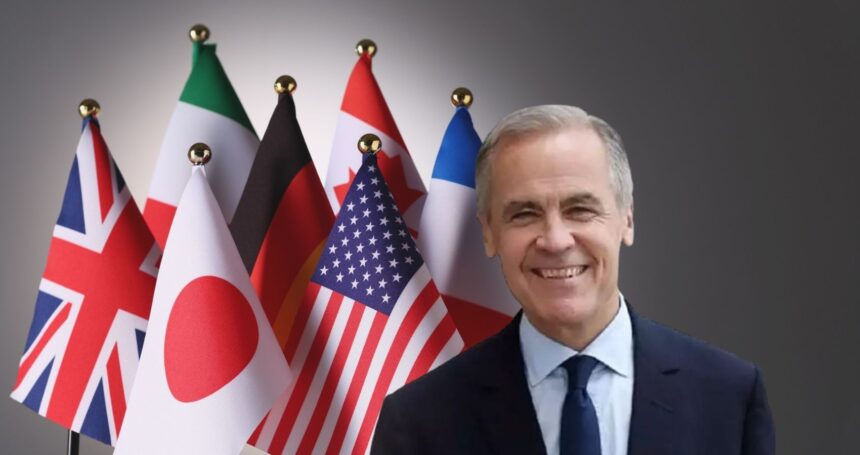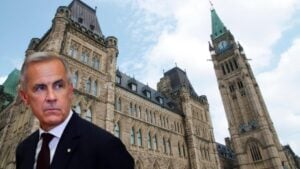Canada has recognized the State of Palestine, a move Prime Minister Mark Carney cast as consistent with decades of support for a negotiated two state outcome and as a practical step to revive a path to peace.
The announcement, delivered Sunday in Ottawa, represents a sharp turn in Canadian policy that investors will parse for consequences across commodities, defense procurement, and currency markets once trading resumes.
Carney framed recognition as support for peaceful coexistence, while reiterating that Canada condemns terrorism and backs Israel’s security.
He pointed to governance reforms expected from the Palestinian Authority, including commitments tied to future elections, as part of the calculus. In a written statement, he said Canada’s aim is a sovereign, democratic, and viable Palestinian state alongside Israel.
The prime minister’s statement, detailing Ottawa’s rationale and the conditions it expects Palestinian leaders to meet.
Carney said Canada has supported a two state solution since 1947 and described recognition as a means to keep that objective credible.
Markets typically treat foreign policy news through the lens of energy security, defense spending, and FX risk.
Canada’s recognition does not directly alter oil and gas fundamentals, but it may influence sentiment around geopolitical risk premia in crude if it helps reduce regional tensions or if it triggers counter moves that raise them.
The Canadian dollar often trades with commodity correlation rather than political, though a shift in risk appetite could show up in safe haven flows against the loonie.
Government of Canada bonds are unlikely to react materially unless the move changes Ottawa’s fiscal priorities or defense and aid outlays.
Canadian defense and aerospace names with Middle East exposure, recognition could bring a more predictable diplomatic channel that supports contract certainty that will depend on whether the decision draws aligned responses from key partners or sparks friction.
Export permits in sensitive categories are adjudicated case by case, and policy clarity can either ease or complicate approvals. Multinationals that hedge geopolitical exposure through diversified order books will be better positioned if regional procurement cycles remain volatile.
Canadian financial institutions with correspondent banking lines into the region will look for updated compliance guidance. Recognition alone does not lift sanctions or change counter terrorism rules, so risk controls and know your customer standards still apply.
If humanitarian funding channels expand under tighter governance standards, Canadian charities and NGOs may see fewer bottlenecks moving aid, which in turn could support reconstruction linked demand for materials and services over time.
Canada’s move comes ahead of high level sessions in New York, where follow on diplomacy could clarify timelines for Palestinian governance benchmarks and security coordination.




















